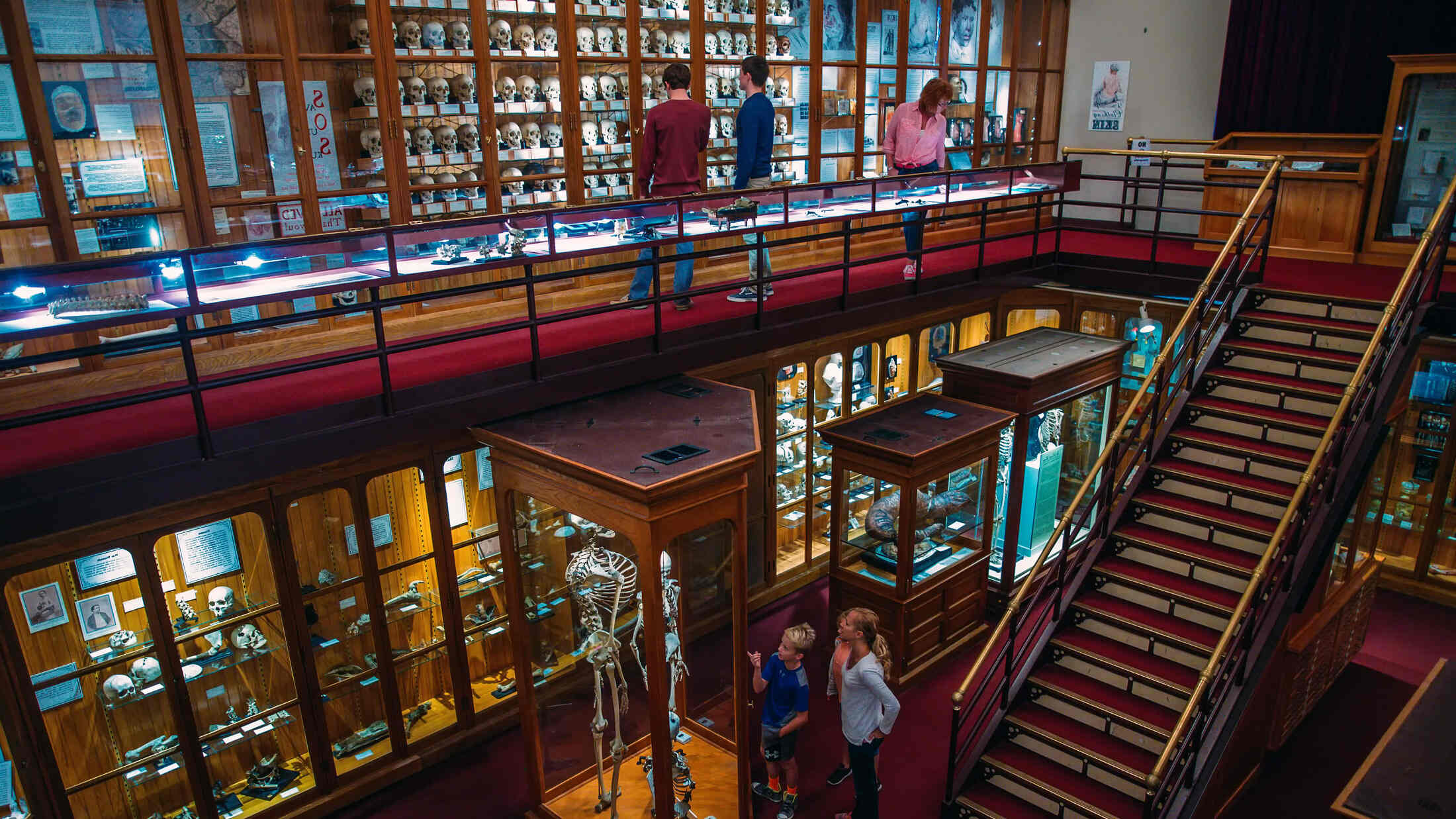Hidden Medical Instruments Museum In Philadelphia

Have you ever wondered about the strange and fascinating world of old medical tools? The Hidden Medical Instruments Museum in Philadelphia offers a unique peek into the past. This small but intriguing museum showcases a collection of medical instruments from different eras. From antique surgical tools to early diagnostic devices, each item tells a story of medical history. Located off the beaten path, this museum provides an educational experience for anyone curious about how medicine has evolved. Whether you're a history buff or just looking for something different to do in Philadelphia, this hidden gem is worth a visit.
Hidden Medical Instruments Museum in Philadelphia
Philadelphia, a city rich in history, offers more than just the Liberty Bell and cheesesteaks. Tucked away in its corners are fascinating museums dedicated to medical instruments. These hidden gems provide a unique glimpse into the evolution of medical science.
Mutter Museum
The Mutter Museum, part of The College of Physicians of Philadelphia, is a treasure trove of medical oddities. This museum showcases a vast collection of medical instruments and anatomical specimens.
- Hyrtl Skull Collection: A display of 139 human skulls collected by Joseph Hyrtl, a 19th-century anatomist.
- The Soap Lady: A mummified woman whose body turned into a soap-like substance called adipocere.
- Einstein's Brain: Sections of Albert Einstein's brain preserved for scientific study.
The Historical Medical Library
The Historical Medical Library, also part of The College of Physicians of Philadelphia, houses rare books and manuscripts related to medical history. This library is a haven for those interested in the evolution of medical knowledge.
- Vesalius' "De Humani Corporis Fabrica": A groundbreaking book on human anatomy published in 1543.
- Harvey's "De Motu Cordis": The first book to describe the circulation of blood, published in 1628.
- Florence Nightingale's Letters: Personal letters written by the founder of modern nursing.
The Penn Museum
The Penn Museum, while primarily an archaeology and anthropology museum, also features medical artifacts from ancient civilizations. These exhibits highlight the medical practices of ancient cultures.
- Egyptian Mummies: Preserved bodies that provide insight into ancient Egyptian embalming techniques.
- Roman Surgical Instruments: Tools used by Roman physicians, showcasing the advanced medical practices of the time.
- Chinese Medicine Artifacts: Items related to traditional Chinese medicine, including acupuncture needles and herbal remedies.
The Wagner Free Institute of Science
The Wagner Free Institute of Science offers a glimpse into the 19th-century approach to medical education. This museum's exhibits include a variety of medical instruments and specimens.
- 19th-Century Surgical Kits: Complete sets of surgical tools used by doctors in the 1800s.
- Phrenology Heads: Busts used to study the shape of the skull and its supposed relation to mental faculties.
- Microscopes: Early microscopes that revolutionized the study of microorganisms and disease.
The Franklin Institute
The Franklin Institute, known for its interactive science exhibits, also features displays related to medical technology. These exhibits demonstrate the impact of technology on modern medicine.
- Heart Exhibit: A giant walk-through heart that educates visitors about cardiovascular health.
- Medical Imaging: Displays showcasing the evolution of medical imaging technologies like X-rays and MRIs.
- Robotic Surgery: An exhibit on the latest advancements in robotic-assisted surgery.
Philadelphia's hidden medical instruments museums offer a captivating journey through the history of medicine. Each museum provides a unique perspective on how medical science has evolved over the centuries.
Why You Should Visit the Hidden Medical Instruments Museum
Philadelphia's Hidden Medical Instruments Museum offers a unique glimpse into the history of medicine. This museum isn't just for history buffs; it's a fascinating experience for anyone curious about how medical tools have evolved. You'll see everything from ancient surgical instruments to early X-ray machines. The collection is vast and well-curated, making it easy to spend hours exploring.
The museum's location in Philadelphia adds another layer of appeal. The city itself is rich in history, and visiting this museum can be part of a broader historical tour. Plus, it's a great educational outing for families, students, and anyone interested in science and history.
Don't miss out on this hidden gem. It's a rare opportunity to see medical history up close and personal. Plan your visit and prepare to be amazed by the incredible advancements in medical technology.

